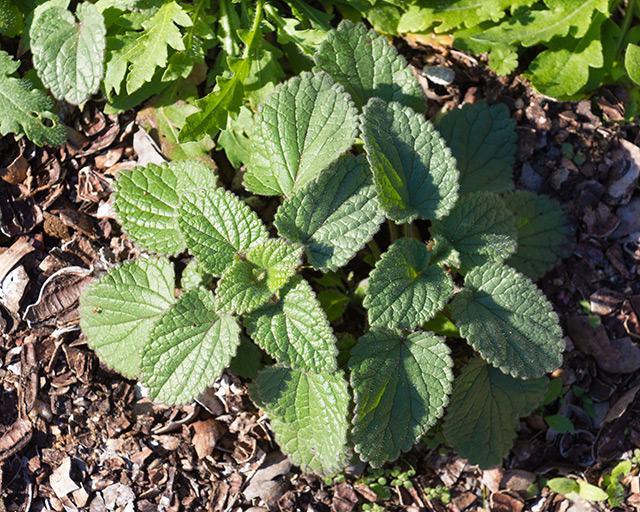What you need to know about curcumin and its health benefits
08/28/2019 / By Stephanie Diaz

If you have not heard of curcumin, then you are clearly missing out. Curcumin is a powerful compound that can treat many diseases, such as heart disease and neurodegenerative diseases. Curcumin is also known to provide many health benefits.
What is curcumin?
Curcumin is a substance found in the Indian spice, turmeric (Curcuma longa). It is one of the three notable compounds found in it, the other two being desmethoxycurcumin and bis-desmethoxycurcumin. These compounds called curcuminoids give turmeric its bright yellow color.
For the past several years, curcumin has been the subject of many studies because of its potential as an alternative medicine. Research shows that curcumin can reduce inflammation and prevent cancer. Animal studies also demonstrate that this compound has protective effects against cancer of the blood, skin, mouth, lung, pancreas, and intestinal tract. (Related: Curcumin is the most widely-studied plant-derived medicinal chemical in modern science, statistical analysis reveals.)
“It’s hard to consume enough curcumin in your diet unless it consists of turmeric, curry powder, mango ginger, or a supplement,” says Kelli Fierras, a nutritionist based in New York. “The challenge with curcumin, either alone or in turmeric, is that it is not easily absorbed by the body.”
In order to absorb curcumin, it must be consumed together with black pepper or some kind of fat like olive oil or avocado fruit. If you plan to take it as a supplement, it is important to check if the supplement also contains ingredients that increase the bioavailability of curcumin.
The health benefits of curcumin
Curcumin has many properties that are beneficial to health. According to studies, consumption of and supplementation with curcumin can reduce inflammation, improve cognitive function, and prevent cancer.
Curcumin reduces inflammation
Acute inflammation is the body’s natural response to foreign substances like bacteria and viruses. Inflammation plays an essential role in preventing infection and repairing damage. While acute inflammation is beneficial to health, chronic inflammation is a different story. Chronic inflammation is triggered by underlying conditions that cause white blood cells to attack the body’s own tissues. Curcumin is known to help manage chronic inflammation.
Curcumin fights inflammation by blocking NF-kB, a pro-inflammatory signaling molecule believed to have a significant role in many chronic diseases. Curcumin’s anti-inflammatory activity is comparable to those of conventional medications.
Curcumin improves cognitive health
BDNF is a key hormone involved in the growth and development of new brain cells. In fact, low levels of BDNF are associated with neurodegenerative diseases like Alzheimer’s disease and dementia. Curcumin can boost the production of BDNF, which helps prevent cognitive decline and reverses the effects of neurodegeneration.
Curcumin prevents cancer
Research shows that curcumin has anti-cancer properties that prevent tumor growth, development, and spreading. In a study published in the journal Cancer Prevention Research, researchers investigated the effect of curcumin in 44 men with pre-cancerous lesions in the colon. The participants received four grams of curcumin daily for 30 days. The researchers found that daily consumption of curcumin reduced the number of lesions in the participants by 40 percent.
These are just some examples of the many health benefits of curcumin. Curcumin.news has more information about this phytochemical and its positive effects on health.
Sources include:
CancerPreventionResearch.AACRJournals.org
Submit a correction >>
Tagged Under:
alternative medicine, Alzheimer's disease, anti-inflammatory, brain function, brain health, cancer cures, cancer treatment, clean food, cognitive decline, cognitive health, Curcuma longa, curcumin, curcuminoids, disease treatments, food cures, food is medicine, functional food, herbal medicine, Herbs, inflammation, natural cures, natural medicine, neurodegenerative diseases, pain relief, prevention, remedies, research, turmeric
This article may contain statements that reflect the opinion of the author
RECENT NEWS & ARTICLES
COPYRIGHT © 2017 PREVENT CANCER NEWS





















